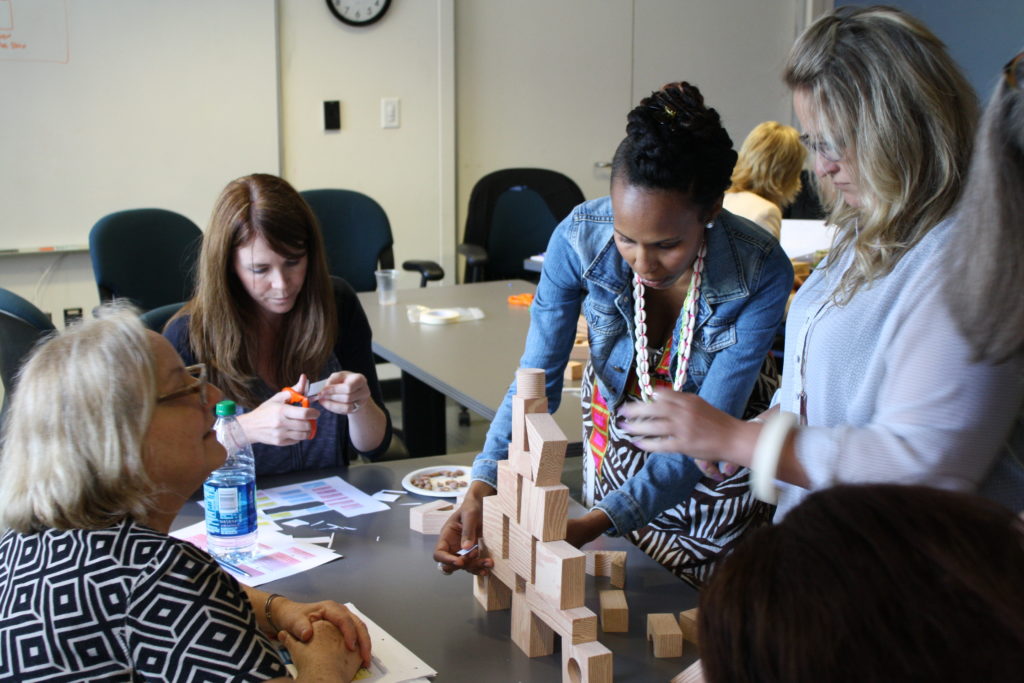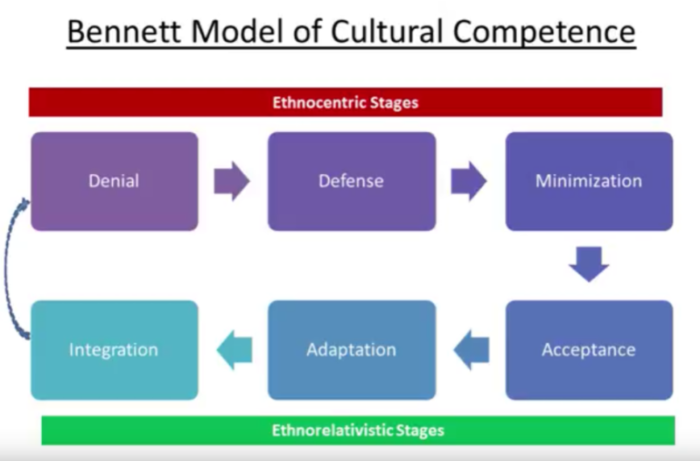Claire Pollock is Senior Director, Community Engagement, at Cincinnati Museum Center. She leads critical partnerships and programs for CMC, working alongside the community to listen, collaborate, and grow together towards mutual goals.
For the past year, Cincinnati Museum Center has participated in the Cultural Competence Learning Institute (CCLI), a learning opportunity that helps museums increase their organizational capacity around diversity, inclusion, and culture. Led jointly by the Association of Science-Technology Centers, Children’s Discovery Museum of San Jose, and Association of Children’s Museums, CCLI includes resources, tools, peer learning, coaching, staff surveys, and work on a yearlong strategic initiative. After a year in the program, Claire Pollock, Cincinnati Museum Center’s Senior Director, Community Engagement, reflects on how CCLI can inform the broader museum community.

Photo Courtesy of Cultural Competence Learning Institute Planning Team
5 Things that Museums Can Learn from CCLI:
- Perspective. The part of CCLI that I personally found the most incredible was it has helped me understand past relationships with community groups better. Through simple exercises, I was able to reflect and think about past interactions that were once confusing with a new and clearer perspective. For example, participating in CCLI has helped me understand that what I perceived as conflicting messages from advisory groups was actually a reflection of a greater national debate around race and identity.
- Time. Many of us understand that building capacity around diversity, inclusion, and culture takes time – sometimes, more time than we feel we have to give. And it is often hard to find the language to explain what is happening during that time. The Bennett Model of Cultural Competence at the heart of CCLI provides context, language, and perspective around the steps that a person and an organization goes through as part of a Cultural Competence journey. This model helped me understand the pace and steps to expect from my organization and colleagues as we continue on our journey.
- You are not alone! Through CCLI, our Museum Center team has met colleagues throughout the country who are all trying to work from their strengths and past experiences to build diversity, inclusion, and cultural capacity. Through an in-person conference and monthly video chats, we have the opportunity to peek into the world of other museum professionals with the similar goals, obstacles, and creative solutions. Through discussions about difficult topics in small and large group settings, we’ve been able to solicit peers’ feedback and thoughts – and to realize that we’re one among many museums working through similar challenges.
- Communication. CCLI’s process has reinforced the importance of communication within our organization and with our community. From staff surveys to assessment models, CCLI provided resources and tools around how to really listen to staff and understand differing perspectives. Defining and refining a communication plan internally and externally is key. This plan should both provide clearly defined organizational values and goals while leaving space for a platform for more organic grassroots initiatives.
- Goals. For the list-makers in the group, building cultural competence is one goal that will never be finished. It is a lifelong journey! Outlining timelines, specific actions, and goals is still a very important part of the process – but as individuals and organizations, we need to be open to constantly changing, refining, and adding to these goals. Don’t forget that successes and milestones should be celebrated along the way, both internally with staff and volunteers and externally with the community!
Interested in learning more or joining a new CCLI cohort? Check out CCLI’s online resources.

